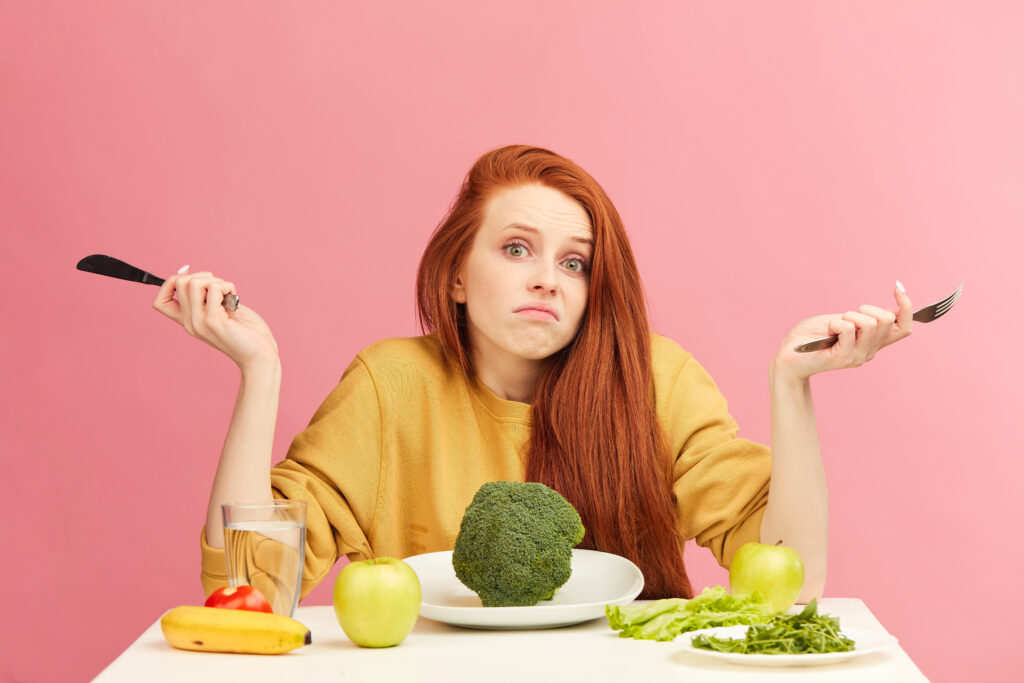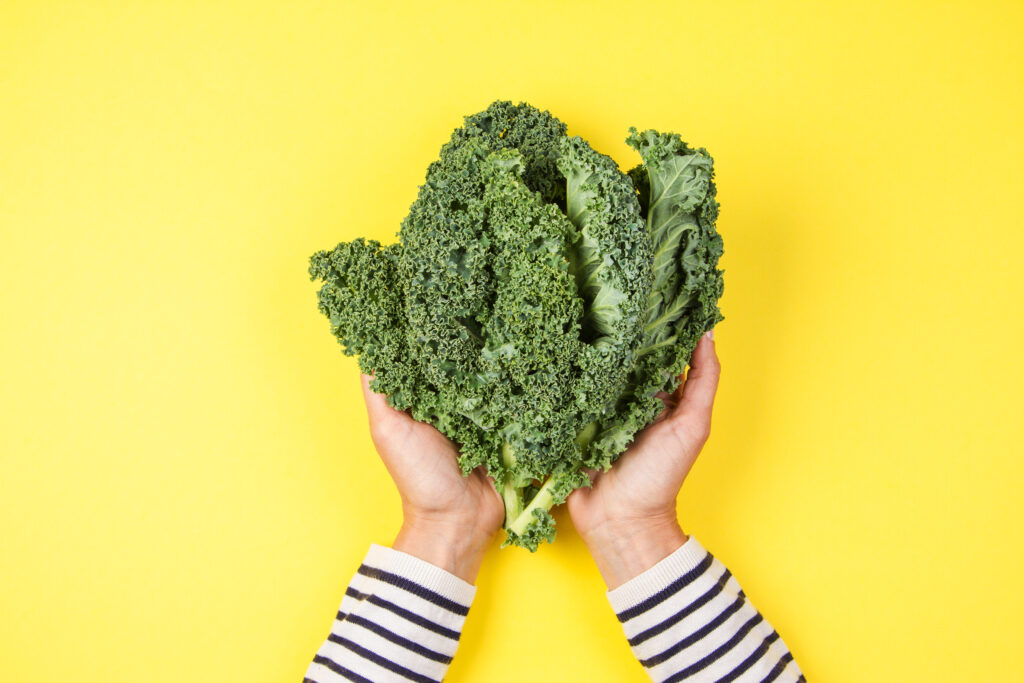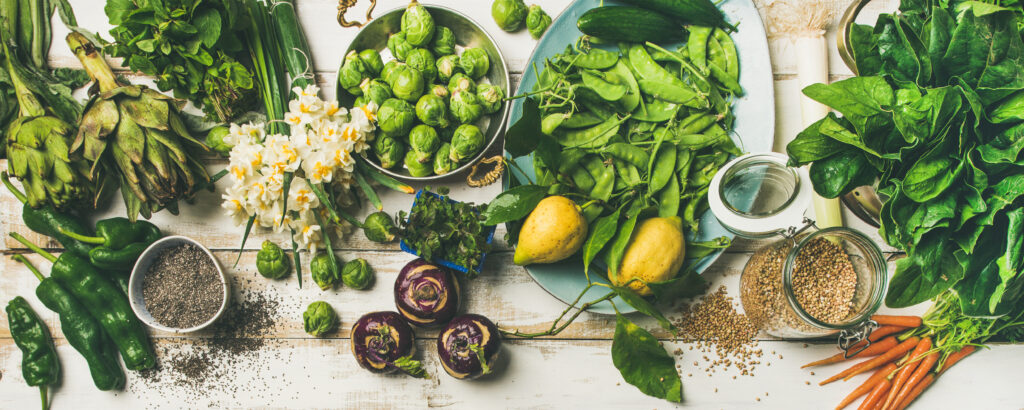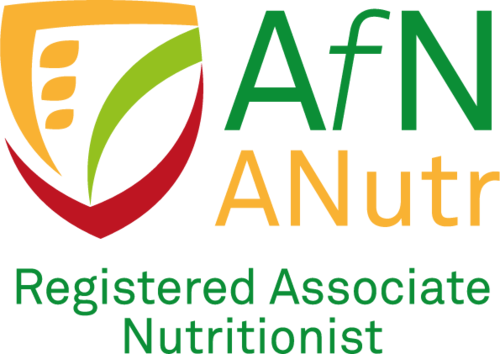
There is plenty of information out there on the ‘Top 5 foods for skin health’ but the truth is there is no one super food that is going to make your skin glow. Sorry!
This might sound a little disheartening if you are wanting to find a way to make your skin the healthiest that it can be. It is important to remember that there are many different factors that will affect your skin whether it be your genetics, environment, physical activity levels or diet. The good news is that there are a few things we can do to help alleviate some of the stresses of day to day on our skin.
Below are some nutrients that research suggests may have beneficial effects on skin health.
First let’s take a look at antioxidants….
Antioxidants don’t have to come in supplement form or from the latest super food at vast expense. Vitamin C and E are both antioxidants and can be found in foods like berries, broccoli, carrots, oranges, peppers, green leafy veg, nuts, seeds, tomatoes….. the list is (almost) endless.
Vitamin C is found in relatively high concentrations in the skin and is used to produce collagen. Collagen is the main protein in our skin which helps to support and give structure. It’s really important to get adequate amounts of vitamin C but often we don’t need to take supplements as these usually come in extremely high doses and we end up peeing most of it out anyway.
Consistently, research suggests that vitamin C can reduce wound healing time and therefore help skin heal when damaged. Research also suggests that vitamin C may have some protective effects against the sun, which as we know, causes skin damage and can speed up ageing of the skin.

B12
Vitamin B12 is essential for nerve function and the formation of red blood cells as well as releasing energy from food….so pretty vital. If you are vegan vitamin B12 is a super important vitamin to make sure you’re getting enough of.
There is a link between B12 and Acne. When levels are either too low or acne can be a side effect of the imbalance, therefore it’s important we make sure we are consuming the right amounts.
If you are vegan you should be taking a daily supplement of at least 10mcg per day or 2000mcg weekly. If you eat meat and dairy you should be able to get everything you need from your diet. If you are not having B12 in supplement form the recommendation is slightly lower at 3mcg.
Omega-3
Research suggests that Omega-3 has anti-inflammatory properties. Consuming adequate amounts could help with chronic inflammatory skin conditions such as rosacea, acne, psoriasis and eczema. Omega-3 is type of fat which comes in different forms- alpha linoleic acid (ALA), eicosapentaenoic acid (EPA) and docosahexaenoic acid (DHA). ALA cannot be made in the body so therefore we must consume it in our diet. ALA is mainly found in vegetable oils, rapeseed and linseed (flax), walnuts, hazelnuts, pecans and green leafy vegetables. EPA and DHA can be made in the body from ALA and have the most direct health benefits.
However, our body makes EPA and DHA slowly and therefore the best way to guarantee we are having enough of these Omega-3s is by consuming…..you got it….fish….especially the skin, if you can face it. If you eat fish it is recommended that you have at least two portions a week, one of which should be oily. This includes mackerel, sardines, salmon, trout and many more.
If you don’t eat fish, don’t worry! There are alternatives out there for you…
If you opt for supplements look for Omega-3 oil rather than fish liver oil. If you are trying for a baby or pregnant make sure to check the Vitamin A content of supplements. Vitamin A supplements should not be taken if pregnant or planning for a baby.

If you are vegan or simply can’t stomach fish try making sure you consume walnuts, ground linseed, linseed oil, rapeseed oil and dark leafy greens in your diet. According to the Vegan Society we should be consuming at least 2-2.5g/day of ALA from our diet. Making sure your diet also contains good amounts of magnesium, zinc and B vitamins from foods such as pulses, dark leafy greens, seeds, wholegrains and nuts will also help the ALA to DHA conversion.
There are other alternatives such as omega-3 supplementation from algae. Less is known about this and there are currently no official UK guidelines on Omega-3 consumption, it all gets pretty technical, so if in doubt speak to a registered nutritionist, dietician or your GP!
Omega-3 and Omega-6 balance…
We will cover this topic in more detail in another article coming soon, but in short it’s really important that we have a balance between these two fatty acids in order to see the benefits. I hope this article is helpful, we’ve packed a lot in to give you as much info as possible in this area!
Freya

